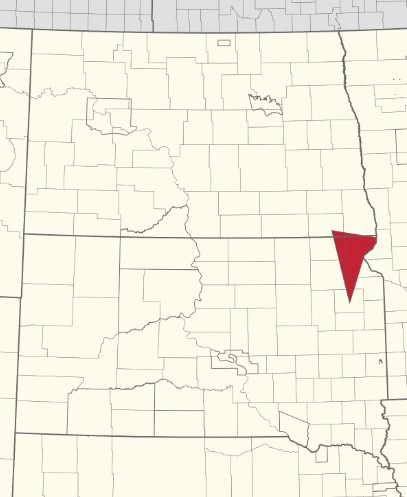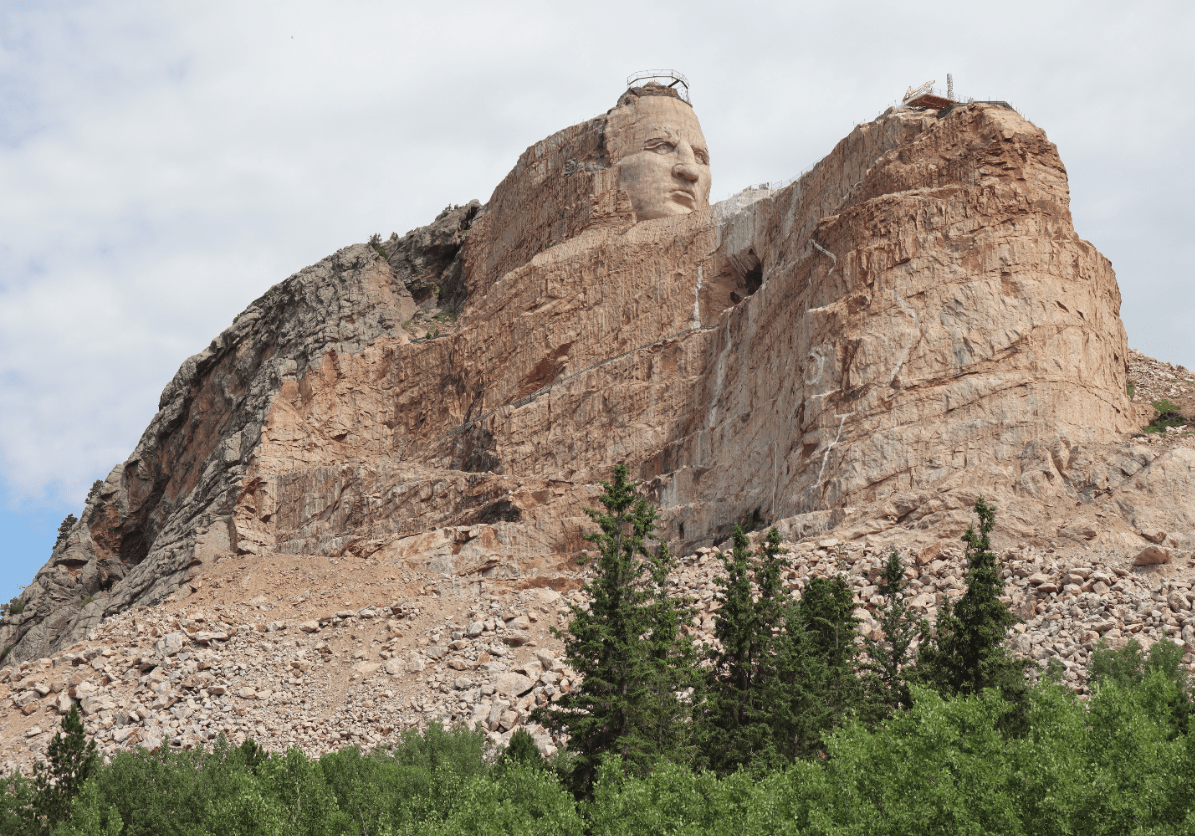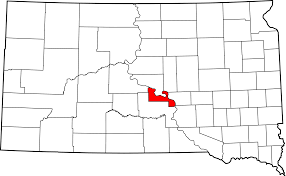True or False: European settlers lived in the Americas before Native Americans.
Between 40 - 100 million of this animal roamed the Great Plains prior to Europeans arrival
Bison
What is the capital city of a reservation called?
Tribal Headquarters
Area of land set aside for occupation by North American Native Americans is called what?
Reservation
True or False: Native Americans only hunted animals for the food that it provided?
False: They would use every part of the animal including bones and hide.
A treaty was broken between settlers and Native Americans after what resource what found in the Black Hills?
Gold
What are cone-shaped homes made with long poles covered with animal hides?
Teepees
What Reservation is shown here?
Sissiton-Wahpteon or Lake Traverse
How many Native American Reservations are in South Dakota?
9
North Dakota
What is the name of this monument? Named after a Lakota warrior.
Crazy Horse
This important cultural and spiritual event is celebrated by many Native American tribes in South Dakota with dancing and drumming.
What is the largest Native American Reservation by size?
Pine Ridge
Which Native American reservation is closest to Rapid City?
Pine Ridge Reservation
Wooden boats primarily used by Northwest Native Americans were called what?
Canoes
This was the name of the movement that brought thousands of settlers to the West and increased conflict with Native American tribes.
Hint: W.E.
Westward Expansion
What was the primary weapon used by Great Plains Native Americans to hunt?
Bow and Arrow
What is the smallest Native American reservation by size?
Flandreau
Why do Reservations exist? Why are Native Americans living there?
Forced onto Reservations by Europeans who came into the area.
What Reservation is shown?
Lower Brule Reservation
Sitting Bull, Red Cloud, Black Elk, etc.
Great Sioux Reservation
What is the capital city of Crow Creek Reservation
Fort Thompson, SD
Name all 9 South Dakota Reservations:
Pine Ridge, Cheyenne River, Standing Rock, Rosebud, Lower Brule, Crow Creek, Yankton Sioux, Flandreau Santee, Lake Traverse (Sissteon-Wahpeton)
Native American children were sent to these institutions with the goal of assimilating them into American culture.
Boarding Schools